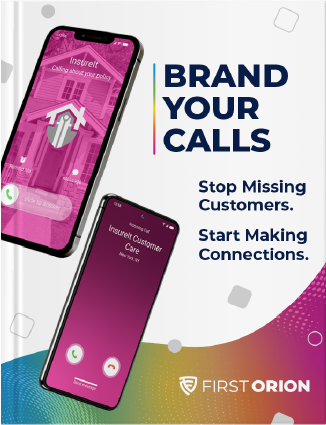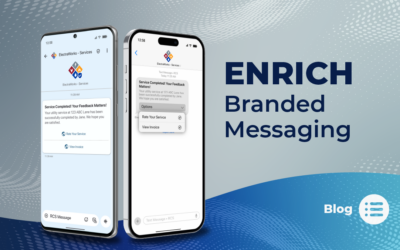The temperature is rising and the pools are opening. This can only mean one thing – vacation season! However, not everyone takes time off from their busy schedules to sit and relax. The only vacations scammers are taking are yours!
Scam callers are just getting started, working overtime, and targeting those traveling and booking vacations. Since 2020, people have lost more than $78 million to travel scams.
Which one’s which?
How can you tell the difference between a legitimate call and a scam? It can be difficult, but that’s why we’re here, to help weed out the scammers and ensure a vacation free from all things scam nonsense!
Here are some of the top vacation scam trends we’ve identified in 2022:
Exclusive offers
In our May Scam Call Trends report, many calls and voicemails highlighted an all inclusive offer, alternating which hotel chains or cruise lines they impersonated (much like debit card scammers rotating providers). A scammer’s favorite word to use throughout their script? Exclusive.
“Hi, this is an exclusive announcement from insert hotel/cruise here. Your telephone number has been pre-selected to receive a complimentary stay in one of our five-star hotels”
These scammers are looking for those who aren’t hesitant, often rushing and pressuring people into making a quick decision without thinking. If the caller states the package must be accepted right now? Time to hang up and walk away.
Third-party booking
If you’re using a third-party site to save some extra cash, be cautious. It could end up costing you more in the end due to scammers. Hotel, airfare, rentals, you name it. Once you book these, scammers come flooding in, calling directly to get personal information from you, claiming it’s to verify the bookings. Legitimate businesses won’t do this!
Is it really free?
Most people who see the word “free” would jump at the opportunity for a free reward. So when a call comes in saying you’ve stumbled upon a FREE vacation package, it’s more than likely too good to be true.
To be honest, companies don’t offer these types of deals out of the blue. And when this caller says “free,” they don’t really mean it. If you take them up on the offer, your money will be theirs in no time!
Just a “short” presentation
This is another case of the “free” vacation. This common scam is a clever way to get people to invest in timeshares. It starts out with a call stating you’ve been offered a free vacation somewhere and once you’ve signed up, you’re told you have to attend a short presentation. But that’s where the scammers get you, leading you to pay for the entire thing outright.
The “short” – but actually long – 90-minute presentation is risky, as the free part is tempting. But there’s the possibility of falling for the gimmick, buying into the offer, and getting stuck with a timeshare contract that you can’t easily escape.
Discounts?
This scam claims to provide a discount, rather than a free exclusive offer. It can seem more legitimate since it’s not free. But that’s just what the scammers want you to think.
It starts out the same, with a call stating you’ve been selected for an amazing vacation at a fraction of the original price. You’ll offer up your personal information and that’s when the scammers strike – claiming nothing is available now, but you can upgrade the offer for a little more money. In the end, you’ll be spending WAY more than it would cost to actually book the vacation yourself.
Scam preventative
Now that you know what to look out for, how can you prevent yourself from getting swindled?
- Identify common scams
Like with other scams, legitimate traveler promoters won’t require cryptocurrency, random gift cards, or wire transfers to invest in these vacation offers. If you fall for one of these scam schemes, you likely won’t see your money again.
- Research!
Do more than just ask the scammer on the other end for more details. Look into research from legitimate sources. Reach out to travel agencies, hotels, and rentals to see if these offers are the real deal (Spoiler alert! They most likely aren’t!).
- Let your bank know you’re traveling
Outside of dodging scam calls, when going on a vacation, it’s good to alert your bank of travel to prevent unnecessary spending from outside parties.
Don’t forget to report any potential travel scams! If you’ve received any suspicious-sounding calls, it’s a good idea to report your findings to the FTC.




